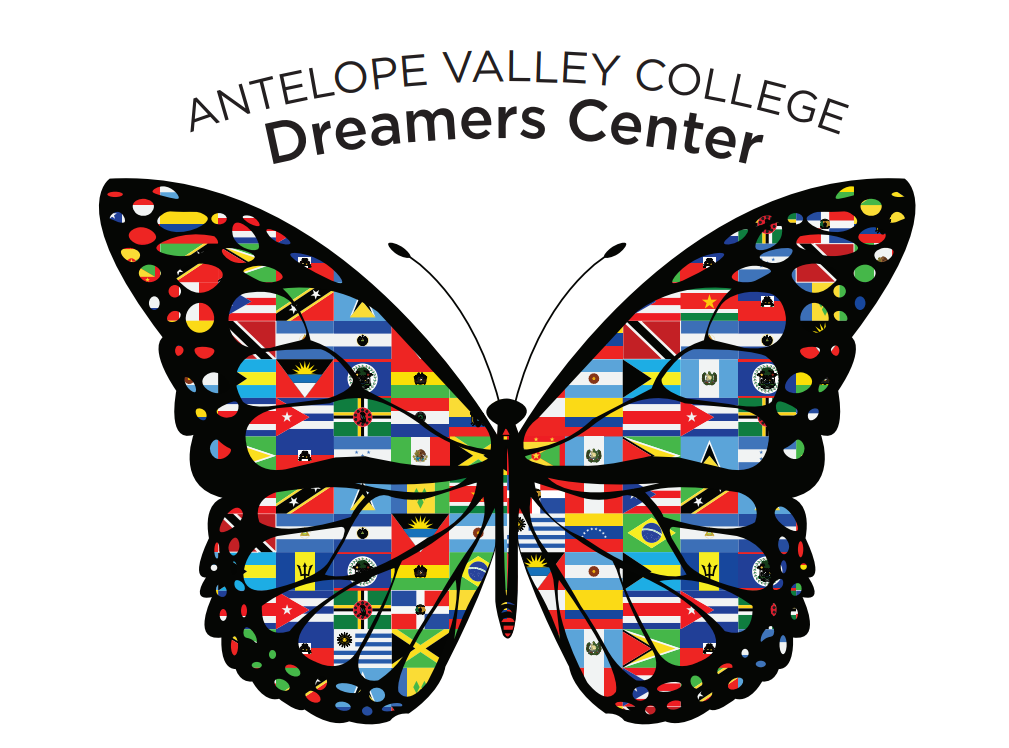
Dreamers Center

MISSION
Our mission is to serve all undocumented students at Antelope Valley College with information and resources to promote college admissions, persistence, graduation, and transfer. We provide student support services that create a welcoming and supportive environment, enhance the college experience, build leadership skills, and promote civic and community engagement.
RESOURCES
-
UndocuPeer Training
The UndocuPeer Training offers a dedicated space for Antelope Valley College (AVC) students to engage in learning about the experiences, challenges, and resilience of the undocumented community. The training fosters empathy, promotes inclusion, and encourages informed advocacy.UndocuAlly Training
The UndocuAlly Training is designed to educate AVC staff and faculty on the realities faced by undocumented students. Through awareness, self-reflection, and actionable strategies, participants gain the tools necessary to practice meaningful allyship and create a more supportive campus environment.
OUR SERVICES
-
AB540 Residency Support
-
Academic Counseling
-
Community Outreach
-
DACA Information and Updates
-
DREAM Act Assistance
-
Educational Workshops
-
Financial Aid Guidance
-
Family Support Services
-
Know Your Rights Workshops
-
Monthly Professional Development Workshops
-
Peer Mentoring Programs
-
Safe and Inclusive Space for Students
-
Scholarship Opportunities
-
Staff, Faculty, and Departmental Training
-
Undocu-Student Orientation
Hours of Operation
Monday – Thursday: 7:30 AM – 6:00 PM
Friday: 7:30 AM – 11:30 AM
CONTACT US
Phone: (661) 722-6313
Email: dreamerscenter@avc.edu
Location: The HUB

